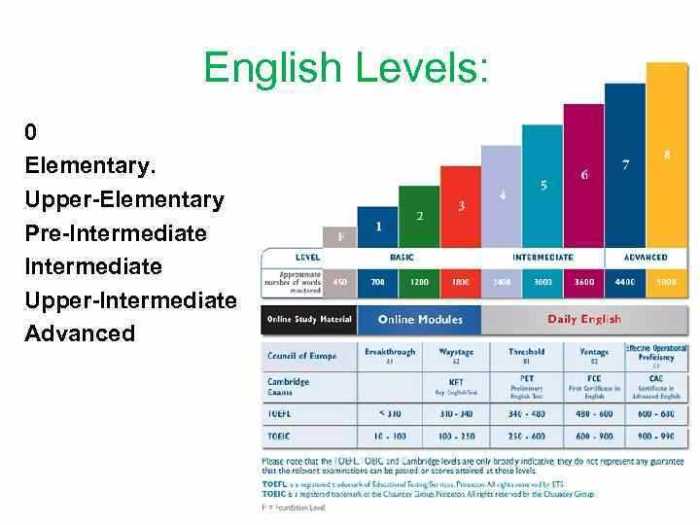The Antiterrorism Level I Awareness Pre-Test serves as a crucial stepping stone in the realm of counterterrorism, equipping individuals with the fundamental knowledge and skills necessary to safeguard themselves and their communities from potential threats. This comprehensive guide delves into the intricacies of the pre-test, empowering readers with a thorough understanding of its purpose, structure, content, and strategies for successful completion.
The pre-test encompasses a wide range of topics, including threat recognition, reporting procedures, and protective measures, ensuring that participants possess a well-rounded foundation in antiterrorism awareness. The clarity and effectiveness of the test questions are meticulously crafted to evaluate participants’ comprehension of these critical concepts.
Antiterrorism Level I Awareness Pre-Test Overview
The Antiterrorism Level I Awareness Pre-Test is a crucial assessment designed to evaluate individuals’ fundamental understanding of antiterrorism concepts and preparedness measures. It serves as a foundational step in enhancing personal and organizational resilience against terrorist threats.
Target Audience and Knowledge Level
The pre-test is intended for individuals who require a basic level of antiterrorism awareness, such as employees, students, and community members. It assumes a foundational understanding of terrorism and its potential impacts.
Format and Structure
The pre-test typically consists of multiple-choice questions that cover various aspects of antiterrorism. It may include questions on threat recognition, reporting procedures, protective measures, and emergency response protocols. The time limit for completing the test is typically short, requiring participants to demonstrate their ability to quickly recall and apply antiterrorism knowledge.
Pre-Test Content Analysis

Key Topics Covered
- Threat Recognition: Identifying potential indicators of terrorist activity and suspicious behavior.
- Reporting Procedures: Understanding proper protocols for reporting suspicious activities or individuals to appropriate authorities.
- Protective Measures: Implementing personal and organizational security measures to mitigate terrorist threats.
- Emergency Response: Familiarization with evacuation procedures, lockdown protocols, and other emergency response plans.
Relevance and Comprehensiveness
The pre-test content is carefully curated to align with real-world antiterrorism scenarios. It provides essential knowledge and guidance for individuals to enhance their situational awareness, improve their ability to detect and report potential threats, and prepare for effective emergency responses.
Clarity and Effectiveness
The test questions are designed to be clear and concise, using unambiguous language and avoiding technical jargon. They are structured to assess participants’ comprehension of antiterrorism concepts and their ability to apply them in practical situations.
Test-Taking Strategies

Time Management
Effective time management is crucial during the pre-test. Allocate time wisely, ensuring sufficient time to read and comprehend each question carefully before selecting an answer.
Question Comprehension
Read each question attentively, identifying the key information and instructions. Determine the specific topic being tested and the type of response required.
Answer Selection
- Eliminate Incorrect Answers: Rule out answer choices that are clearly incorrect or irrelevant to the question.
- Identify Most Likely Answer: Choose the answer choice that most accurately and comprehensively addresses the question, even if it is not the only correct option.
Pre-Test Preparation

Available Resources
- Online Courses: Access online training modules and courses that provide comprehensive coverage of antiterrorism awareness topics.
- Study Guides: Utilize official study guides or materials provided by relevant organizations or training providers.
- Practice Tests: Engage in practice tests to familiarize yourself with the format and types of questions encountered in the pre-test.
Effective Study Methods
- Active Reading: Engage in active reading by highlighting key concepts, taking notes, and summarizing the material.
- Spaced Repetition: Review the material at increasing intervals to enhance retention and recall.
- Clarification and Research: Seek clarification on any areas of uncertainty and conduct additional research to deepen your understanding.
Post-Test Analysis and Improvement: Antiterrorism Level I Awareness Pre-test
Importance of Review
Thoroughly review your test results to identify areas where you excelled and areas that require improvement.
Interpreting Test Scores, Antiterrorism level i awareness pre-test
Understand the implications of your test score and its significance in terms of your antiterrorism awareness and preparedness.
Strategies for Improvement
- Additional Training: Consider enrolling in additional training programs or workshops to enhance your knowledge and skills.
- Further Research: Engage in self-directed research on specific antiterrorism topics to deepen your understanding.
- Regular Practice: Continuously practice your antiterrorism awareness skills through simulations, drills, or ongoing training.
FAQ Insights
What is the purpose of the Antiterrorism Level I Awareness Pre-Test?
The Antiterrorism Level I Awareness Pre-Test is designed to assess participants’ knowledge and skills in recognizing, reporting, and mitigating potential terrorist threats.
Who is the target audience for the pre-test?
The pre-test is intended for individuals who require a basic understanding of antiterrorism measures, such as first responders, security personnel, and members of the general public.
How long does the pre-test take to complete?
The pre-test typically takes approximately 30 minutes to complete.
What resources are available for pre-test preparation?
Various resources are available, including online courses, study guides, and practice tests, to assist participants in preparing for the pre-test.